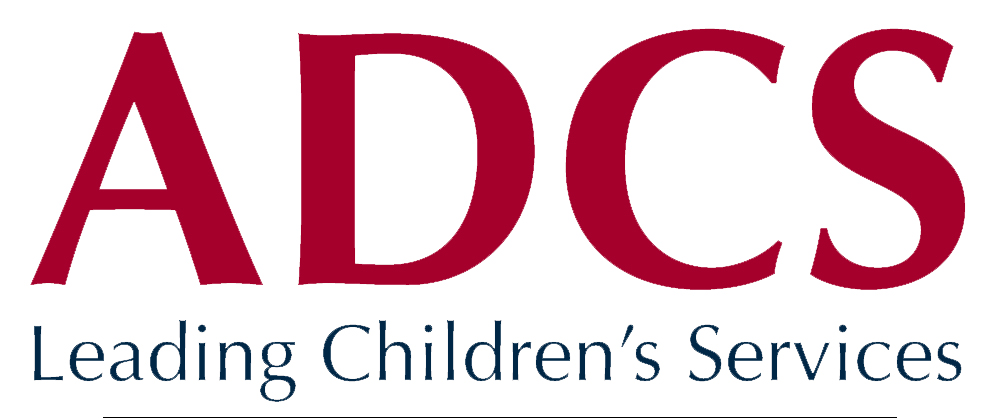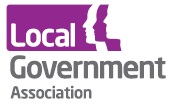Once a family has been assessed as requiring support under section 17 of the Children Act 1989, this will need to be provided whilst the child remains in need, or, where the parents are in an excluded group, whilst support is necessary to prevent a breach of the family’s human rights or EU treaty rights. It will be necessary to take proactive steps to resolve cases and plan how the family can move out of social services support, in order to act in the best interests of the child and reduce costs incurred by the local authority.
This chapter sets out suggested steps that can be taken to assist a family to resolve their case on the basis of the parent’s immigration status for types of cases commonly encountered by local authorities:
- Leave to remain with NRPF (10 year settlement route or outside of the rules )
- Leave to remain with NRPF (Spouse/ partner of a British Citizen/settled status)
- Derivative right to reside under European law as a Zambrano carer
- EEA national
- Asylum seeker
- Refused asylum seeker (claimed at port of entry)
- No immigration permission (visa overstayer;refused in-country asylum seeker)
The information can also be used to advise families at the point of presentation when there may be an opportunity to undertake immediate steps to resolve their homelessness and destitution before support needs to be provided.
This chapter needs to be read in conjunction with the following sections of this guidance:
Leave to remain with NRPF
FM family/private life 10 year settlement route or outside of the rules |
| Excluded under Schedule 3? |
No |
| Entitlement to public funds |
- Cannot access welfare benefits, homelessness assistance or social housing; will not be able to access benefits usually claimed to top up a low income, e.g. housing benefit, tax credits
- Can claim child benefit for a British child
|
| Entitlement to employment |
- Can undertake employment.
|
| Right to rent from a private landlord (England) |
|
| Suggested steps to resolve the case |
- Refer to an immigration adviser (OISC level 1) for advice about whether they can apply to Home Office for leave to be varied to remove the NRPF condition by making a change of conditions application
- Provide guidance and support in accessing employment
|
Leave to remain with NRPF
Spouse or partner of a British Citizen or person with settled status |
| Excluded under Schedule 3? |
No |
| Entitlement to public funds |
- Cannot access welfare benefits, homelessness assistance or social housing
- Can claim child benefit for a British child
|
| Entitlement to employment |
|
| Right to rent from a private landlord (England) |
|
| Suggested steps to resolve the case |
- Signpost to an immigration adviser to see what immigration options they have – including whether they can apply for Indefinite Leave to Remain under the domestic violence rule and therefore apply for the destitution domestic violence concession
- Provide guidance and support in accessing employment
|
Derivative right to reside under European law as a Zambrano carer
Primary carer of a British (or other EEA national) child |
| Excluded under Schedule 3? |
No |
| Entitlement to public funds |
- Excluded from most welfare benefits, homelessness assistance and social housing due to the benefit eligibility rules; will not be able to claim benefits usually claimed to top up a low income, e.g. housing benefit, child tax credit
- Cannot claim child benefit for a British child
- Can claim working tax credit
|
| Entitlement to employment |
|
| Right to rent from a private landlord (England) |
|
| Suggested steps to resolve the case |
- Refer for legal advice to see if the parent can make an application under the Immigration Rules with a view to gaining recourse to public funds
- Provide guidance and support to access employment
|
| EEA national |
| Excluded under Schedule 3? |
Yes – unless:
- there is a legal or practical barrier in place preventing the family from leaving the UK, or
- the local authority has otherwise determined that support is necessary to prevent a breach of human rights or EU treaty rights.
|
| Entitlement to public funds |
- Can access welfare benefits, homelessness assistance or social housing if eligible (i.e., satisfies the right to reside/ habitual residence tests). An EEA national[/glossary] will generally only satisfy the right to reside test if they are one of the following:
- A worker, self-employed person or person who recently became unemployed
- The family member of an EEA national who is one of the above
- The primary carer of a child, who is in school, of an EEA national who is working or has worked in the UK
- A person with a permanent right of residence
|
| Entitlement to employment |
|
| Right to rent from a private landlord (England) |
|
| Suggested steps to resolve the case |
- If there is a barrier to return in place, ensure the status of the barrier is regularly reviewed
- Signpost to a specialist benefits or immigration adviser to establish whether the parent is exercising a right to reside and therefore can access benefits
- Provide guidance and support accessing employment
- Support the family to make benefit applications if appear to be eligible
|
Asylum seeker
Has a pending asylum application or is appealing a refusal of their asylum claim |
| Excluded under Schedule 3? |
No |
| Entitlement to public funds |
- Cannot access welfare benefits, homelessness assistance or social housing
- Can get accommodation and financial support from the Home Office – section 95 asylum support and also section 98 emergency support
|
| Entitlement to employment |
- Cannot undertake employment unless the Home Office has granted permission to work (granted in limited circumstances and work is restricted to professions on shortage occupation list)
|
| Right to rent from a private landlord (England) |
- No right to rent unless the Home Office grants permission to rent
|
| Suggested steps to resolve the case |
- Assist the family to apply for section 95 asylum support from the Home Office
- Use NRPF Connect to chase up progress of asylum support application
|
Refused asylum seeker
Claimed asylum at port of entry |
| Excluded under Schedule 3? |
No |
| Entitlement to public funds |
- Cannot access welfare benefits, homelessness assistance or social housing
- Can apply for accommodation and financial support from the Home Office – section 4 asylum support – when certain conditions are satisfied
|
| Entitlement to employment |
- Cannot undertake employment unless the Home Office has granted permission to work (granted in limited circumstances; work is restricted to professions on shortage occupation list)
|
| Right to rent from a private landlord (England) |
- No right to rent unless the Home Office grants permission to rent
|
| Suggested steps to resolve the case |
- Signpost to an immigration adviser for advice about options to pursue asylum case or other claims
- Advise on voluntary return options
- If there is no further basis to pursue asylum or any other claim, use NRPF Connect to establish involvement of Home Office family returns team
- Find out whether asylum support may be available from the Home Office, but note that a family can only be referred for section 4 support when this support is available and is sufficient to meet the needs of the child
|
No immigration permission
For example: visa overstayer, illegal entrant, refused in-country asylum seeker |
| Excluded under Schedule 3? |
Yes – unless:
- there is a legal or practical barrier in place preventing the family from leaving the UK, or
- the local authority has otherwise determined that support is necessary to prevent a breach of human rights or European Treaty rights.
|
| Entitlement to public funds |
- Cannot access welfare benefits, homelessness assistance or social housing
|
| Entitlement to employment |
- Cannot undertake employment
|
| Right to rent from a private landlord (England) |
- No right to rent unless the Home Office grants permission to rent
|
| Suggested steps to resolve the case |
- If there is a barrier to return in place, ensure the status of the barrier is regularly reviewed
- Signpost to an immigration adviser for advice about options
- Chase up the progress of pending immigration applications with the Home Office using NRPF Connect
- Advise on voluntary return options
- If the parent is an in-country refused asylum seeker, find out whether asylum support may be available from the Home Office, but note that a family can only be referred for section 4 support when this support is available and is sufficient to meet the needs of the child
|

